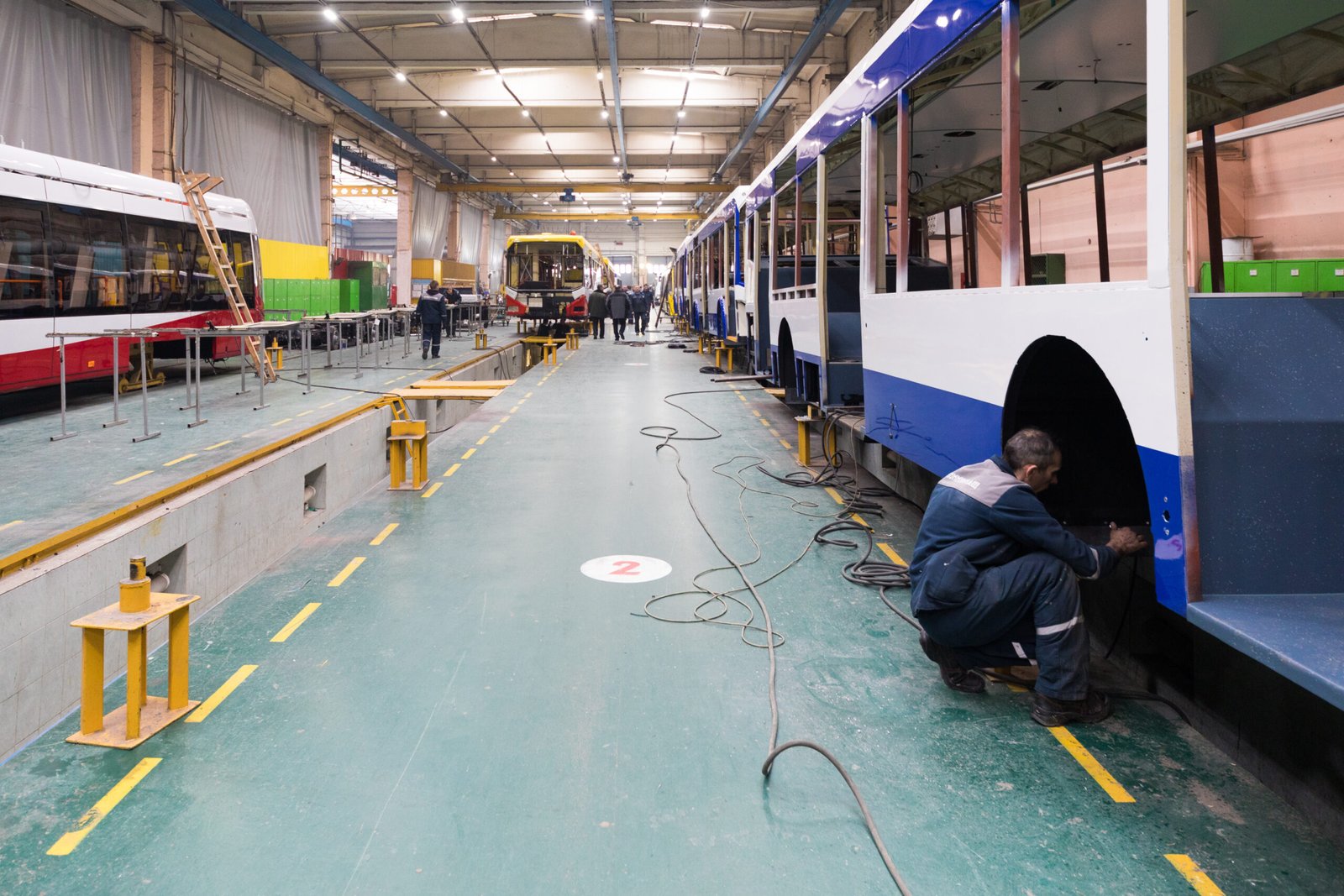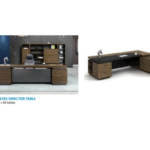When it comes to industrial flooring in Sunshine Coast warehouses, making the right choice is not just about aesthetics, it’s about safety, efficiency, and long-term cost savings. The right flooring system can withstand heavy traffic, resist chemical spills, and reduce maintenance costs, all while improving workplace safety. Whether you’re renovating an existing warehouse or building a new one, installing the right flooring requires careful planning and execution.
In this guide, we’ll share expert tips to help you choose and install the best industrial flooring solution for your Sunshine Coast facility ensuring maximum durability, compliance, and performance.
Why Industrial Flooring Matters in Warehouses
Warehouse floors take a beating every single day — from forklifts, pallet jacks, heavy foot traffic, and machinery. Poor-quality flooring can lead to cracks, dust, safety hazards, and increased maintenance costs. Choosing the right flooring is crucial because it:
- Enhances Durability – High-quality epoxy or concrete coatings can last for years, even under heavy loads.
- Improves Safety – Slip-resistant coatings prevent accidents and keep employees safe.
- Reduces Maintenance – A seamless, coated surface is easier to clean and maintain.
- Supports Compliance – Many warehouses must meet workplace health and safety regulations.
Tip #1: Select the Right Flooring Material
The first and most important decision is selecting the correct flooring type for your operations. On the Sunshine Coast, common options include:
- Epoxy Flooring – Ideal for heavy-duty warehouses. Epoxy is chemical-resistant, easy to clean, and can handle significant wear and tear.
- Polished Concrete – A cost-effective, low-maintenance option that gives a clean, professional look.
- Polyurethane Coatings – Excellent for areas exposed to chemicals, heat, or frequent washdowns.
- Vinyl or Rubber Flooring – Best for areas that require additional cushioning or sound absorption.
Pro Tip: Consider your warehouse’s specific needs: load capacity, exposure to moisture, and chemical use before finalizing the material.
Tip #2: Ensure Proper Surface Preparation
Even the best flooring material will fail if the surface isn’t prepared correctly. Preparation typically includes:
- Concrete Cleaning: Removing grease, oil, and debris.
- Surface Grinding or Shot Blasting: Creating a rough surface profile for better adhesion.
- Moisture Testing: Ensuring there’s no excess moisture that could cause coating failure.
- Repairing Cracks and Holes: Achieving a smooth, even surface before installation.
Skipping this step can lead to peeling, bubbling, or cracking within months. Professional installers know that 80% of a successful floor installation is in the prep work.
Tip #3: Work with Experienced Professionals
Industrial flooring installation is not a DIY project. To avoid costly mistakes, work with experienced flooring contractors in the Sunshine Coast who:
- Have a proven track record with warehouse flooring projects.
- Use high-quality, commercial-grade products.
- Provide warranties on materials and workmanship.
- Follow workplace safety standards during installation.
Hiring experts ensures the job is done right the first time saving time and money in the long run.
Tip #4: Plan for Minimal Downtime
Warehouse downtime can be expensive. Schedule your flooring project during off-peak periods or in phases to minimize disruption. Many modern epoxy and polyurethane flooring systems offer fast-curing options that allow operations to resume within 24–48 hours.
Pro Tip: Discuss scheduling with your contractor ahead of time to develop a plan that avoids operational delays.
Tip #5: Prioritize Safety and Compliance
Industrial flooring must meet local workplace health and safety requirements. Consider adding:
- Slip-Resistant Coatings for high-traffic areas.
- Color-Coded Zones for safety markings (walkways, forklift lanes).
- Anti-Static Flooring if working with sensitive electronics or flammable materials.
Properly marked and safe floors reduce accidents, improve workflow, and keep your facility compliant with regulations.
Tip #6: Maintain Your Flooring for Longevity
Once installed, your industrial flooring needs regular care to maximize its lifespan. This includes:
- Routine sweeping and cleaning to remove debris.
- Immediate cleanup of chemical spills.
- Scheduled inspections for cracks or coating wear.
- Recoating every few years, depending on traffic levels.
Proper maintenance can extend your flooring’s life by 5–10 years, saving thousands in replacement costs.
Conclusion: Build a Strong Foundation for Your Warehouse
Your warehouse flooring is the foundation of your operations quite literally. Choosing the right material, preparing the surface correctly, hiring experienced professionals, and planning for long-term maintenance will ensure you get the best performance from your investment.
Related Reads
- Custom Fitness App Development: Build the Fitness App Your Users Actually Want
- Simple Floral Decor Ideas for Your Next Cocktail Hour
- Why Kingdom Vapor is the Go-To Source for Wholesale Vapor Products
- Support Prostate Health Naturally with UroFlow – Improve Urinary Flow & Comfort
- Smart TV Offers and EMI Deals Make Vijay Sales Rahatani a Go-To Spot This Diwali
- Enjoy Daily Support with Elderberry Vitamin C Gummies



